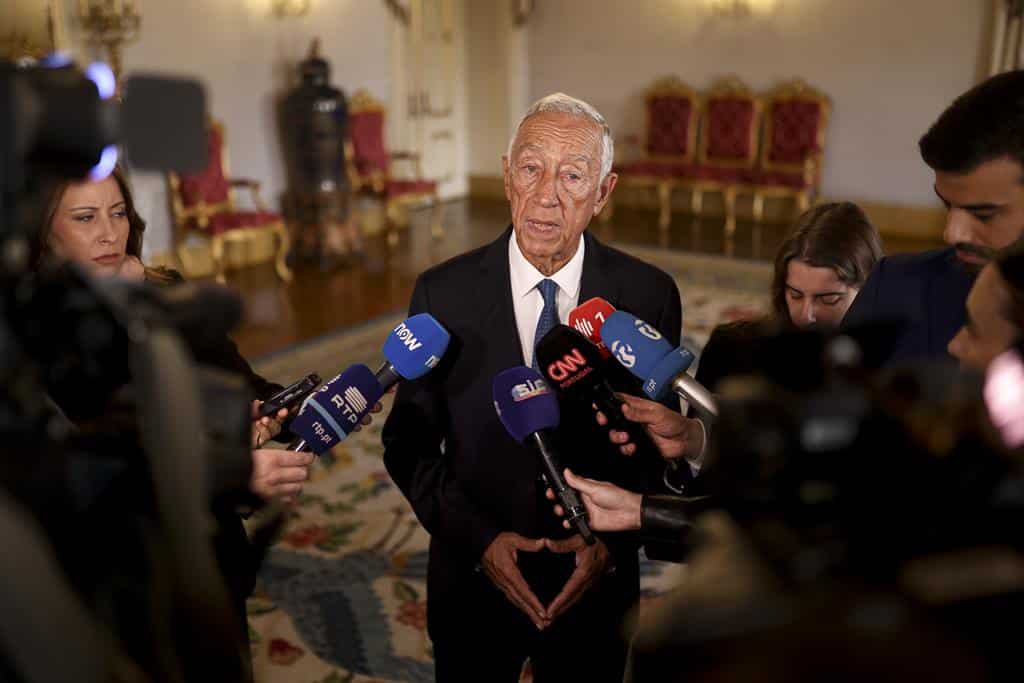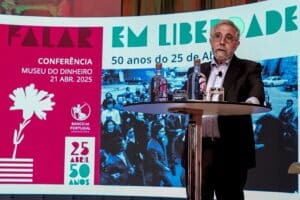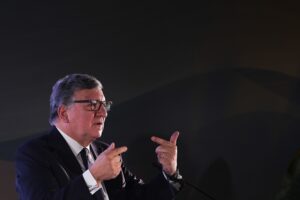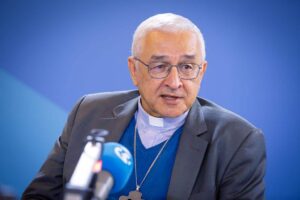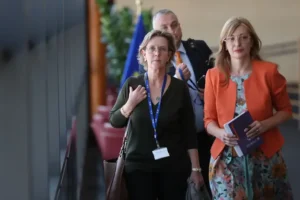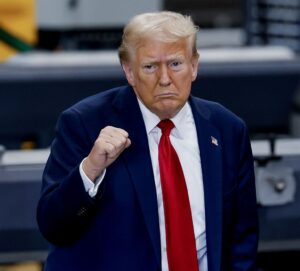… and somehow forget Europe
Portugal’s head of state Marcelo Rebelo de Sousa has been speaking about what he fears about Donald Trump’s new US administration, three days before that administration takes office.
In a video broadcast at the start of a conference to commemorate the 160th anniversary of Diário de Notícias newspaper, he admitted it would be much better if he could have given his speech after that of the President (re-)elect, because it would be clearer then what Mr Trump intends. But as of today, Marcelo stresses that he fears Mr Trump will establish “a kind of explicit or implicit agreement” with Russia, make China its main adversary, and forget about Europe – all of which, naturally, he (Marcelo) is against, describing such a strategy as “an illusion” and “a mistake”.
“It’s a mistake because there is an alliance between China and the Russian Federation, and for a long time whatever is good for one is good for the other.
“It is clear that China is the most preserved, profiting from the erosion of the Russian Federation itself, but above all from Western erosion of various kinds. And so it’s an illusion to forget the Atlantic, to forget Europe.”
Marcelo referred to “Europe’s role, Europe’s connection to Africa, Europe’s connection to Latin America” and advised against the option of “forgetting all this in favour of a strategy focused, in theory, only or above all militarily, strategically, economically, on China and the Pacific”.
The president also pointed to “a new factor, which is the large multinational groups that appear to act as intermediaries between the great powers”, which illustrates “the concentration of economic power in the hands of a very few, who add political power to economic power”.
“They do business in China, they do business in Russia and they have influence in the United States and the rest of America. So they mediate to solve problems, they buy, sell, intercede, intervene in economic, social and political life, particularly in Europe, answer to no-one, have no control or scrutiny whatsoever.”
As Lusa’s report stresses, Marcelo did not name any of these large multinational groups, but he said their influence “has little to do with those who have long defended economic freedom, both domestically and internationally”.
Thus, the international situation “depends a lot on the new style of leadership, the new cycle of American policy” and “the projection of Europe, the forgetting of Europe, or the division of Europe”, which could be “in a more difficult position, so that, at the same time, we can face problems such as investing more in defence, but recovering economically, investing more in knowledge, but not neglecting security, not breaking concerning post-Ukraine”.
Marcelo’s words follow ‘warnings’ given yesterday by outgoing US president Joe Biden about the ‘dangerous’ mixture of politics with big business, and come at a time when it is becoming increasingly clear that Portugal, along with the rest of Europe, will indeed have to invest a great deal more in defence, whatever happens on Monday with the president (re-)elect and his new team (see next top story to come).
natasha.donn@portugalresident.com
Source material: Lusa

